Workshops
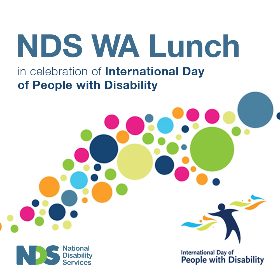
Registrations for NDS WA’s Lunch in Celebration of International Day of People with Disability are now open!

Data Drives Insight recently partnered with NDS to undertake research that would shed light on the current leadership capability across the Care and Disability Support sectors. After working with nearly 3000 employees and 372 leaders from across Australia, we are excited to share the insights NDS found through the CILCA 360 tool about current leadership capabilities and inform on potential strategies to improve outcomes.
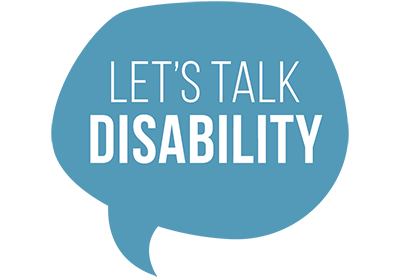
A fun, interactive, half-day workshop, led by people with lived experience that lifts the lid on disability. Delivered either in-person at your workplace, or by Zoom. Available until 31 December 2022
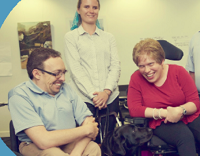
Let’s Talk Disability is a fun, interactive, half-day workshop that talks about lived experience of disability, communication and attitudes. The workshop is led by people with disability whose honest, no-nonsense approach will have you laughing while learning.
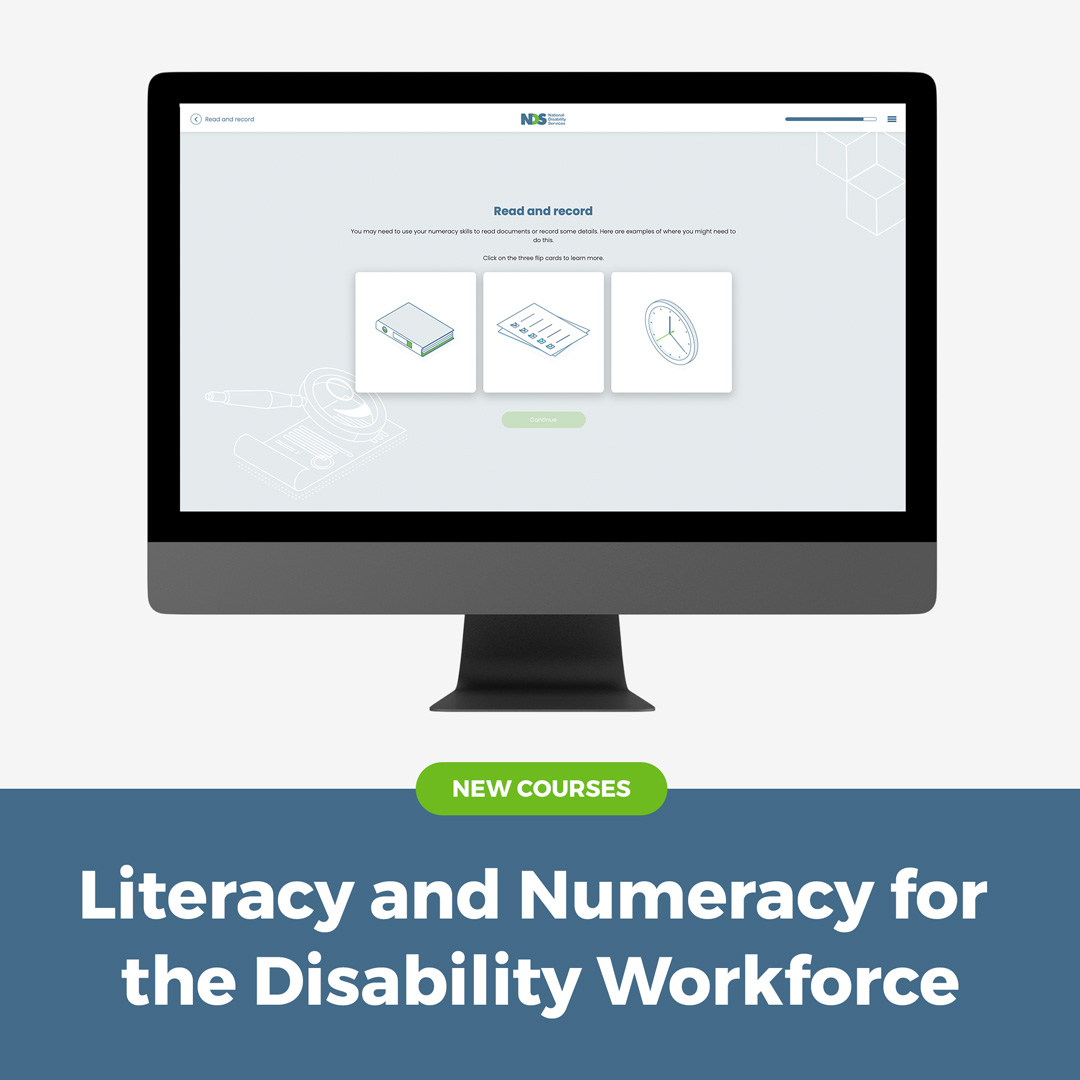
Reading and writing is essential for those working in the disability sector. As is the ability to understand and work with numbers. NDS, together with etrainu have created The ABCs of Literacy and The 123s of numeracy e-Learnings to provide disability workers with the literacy and numeracy skills to succeed.

Join this one hour workshop that focuses on recognising and responding to choking and swallowing risks to help reduce them and improve outcomes for clients

This six-hour workshop, in partnership with NDS and facilitated by Linda Rowley, will help disability support workers to identify and manage psycho-social risks that are often complex.
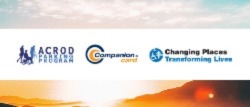
Join this session to learn about the technical aspects of eligibility criteria and the assessment process as well as how to support Companion Cardholders, ACROD Permit holders

Near Misses are an opportunity to reduce risk. Too often serious incidents happen, but a near miss occurred before it, and an opportunity to prevent harm was missed.

Join this one-hour workshop looking at recognising and responding to nutrition risks, and recommending ways to manage these to help prevent malnutrition

Specific classes, tailored to the needs of each small group, these cooking demonstrations are a wonderful opportunity for people with disability and the people who support them.

Nutrition Education workshops designed to upskill those that support people with disability

The Federal Government’s Fair Work Legislation Amendment (Secure Jobs, Better Pay) Act 2022 became law in December 2022. The passage of this legislation will see a number of changes to Australia’s workplace relations framework in the months and years ahead.

The NDIA invites support coordinators to an information session on Tuesday 31 May, to enhance their understanding of the changes to the NDIS assistive technology (AT) process.

This workshop is designed to enhance conflict resolution skills by examining what conflict is and how conflict affects people.

Would you like to improve your conflict resolution skills? Would you like to learn about health conflict and how to respond productively? Our Productive Conflict workshop will examine some basic communication strategies and will promote the development of negotiation and influencing skills.

This workshop is designed to enhance conflict resolution skills by examining what conflict is and how conflict affects people. You will explore positive and negative conflict and decide how conflict can be dealt with in your work and personal life. The workshop will examine some basic communication strategies and will promote the development of negotiation and influencing skills.

This course will teach you the value of professional boundaries and behaviour, step you through what this looks like, and guide you to help staff build and maintain the “right relationship” with the people they support.

Children and Young People with Disability Australia (CYDA) and Child Wise are hosting a free webinar for service providers who work with children and young people. Come along to learn about how to respond when a child or young person discloses sexual abuse, and the support available under the National Redress Scheme for people who have experienced institutional child sexual abuse.

Confidently identify restrictive practices and safeguard the person's rights. Understand legal requirements of monitoring and reporting restrictive practices and how to meet the NDIS quality standards.

This workshop is a part of the NDS Risk, Incidents and Complaints Management (RICM) Skilling the Sector project supporting small and medium providers and sole traders, and will provide insight into effectively handling complaints and feedback.

This workshop is a part of the NDS Risk, Incidents and Complaints Management (RICM) Skilling the Sector project supporting sole, small and medium providers and will introduce the basic tenets of investigations and provide insight into how investigations are carried out.

The Royal Commission has highlighted the responsibilities of Boards and senior management for what goes on in their organisation. The Right on Board program, for Boards and executive, will provide an overview of the United Nations Convention on the Rights of Persons with Disabilities, as well as the essential elements for robust governance and management of quality and safeguarding.

Learn what your risk management system should include to achieve effective clinical governance and meet quality standards in this 3 hour workshop held over Zoom and open to all disability and allied health staff in the disability sector.

All support services involve some degree of risk. Managing risk well helps every service provider to meet NDIS requirements and safeguard the safety and wellbeing of participants. These interactive workshops will assist sole, small and medium providers to implement relevant and effective risk management systems in their organisations and are the next step to the sessions held last year. The workshops will include an introduction to new resources for providers supporting people from cultural and linguistically diverse backgrounds.






